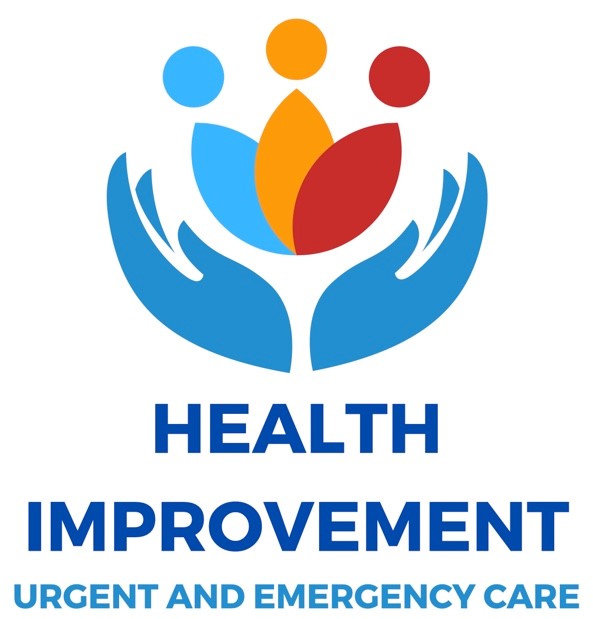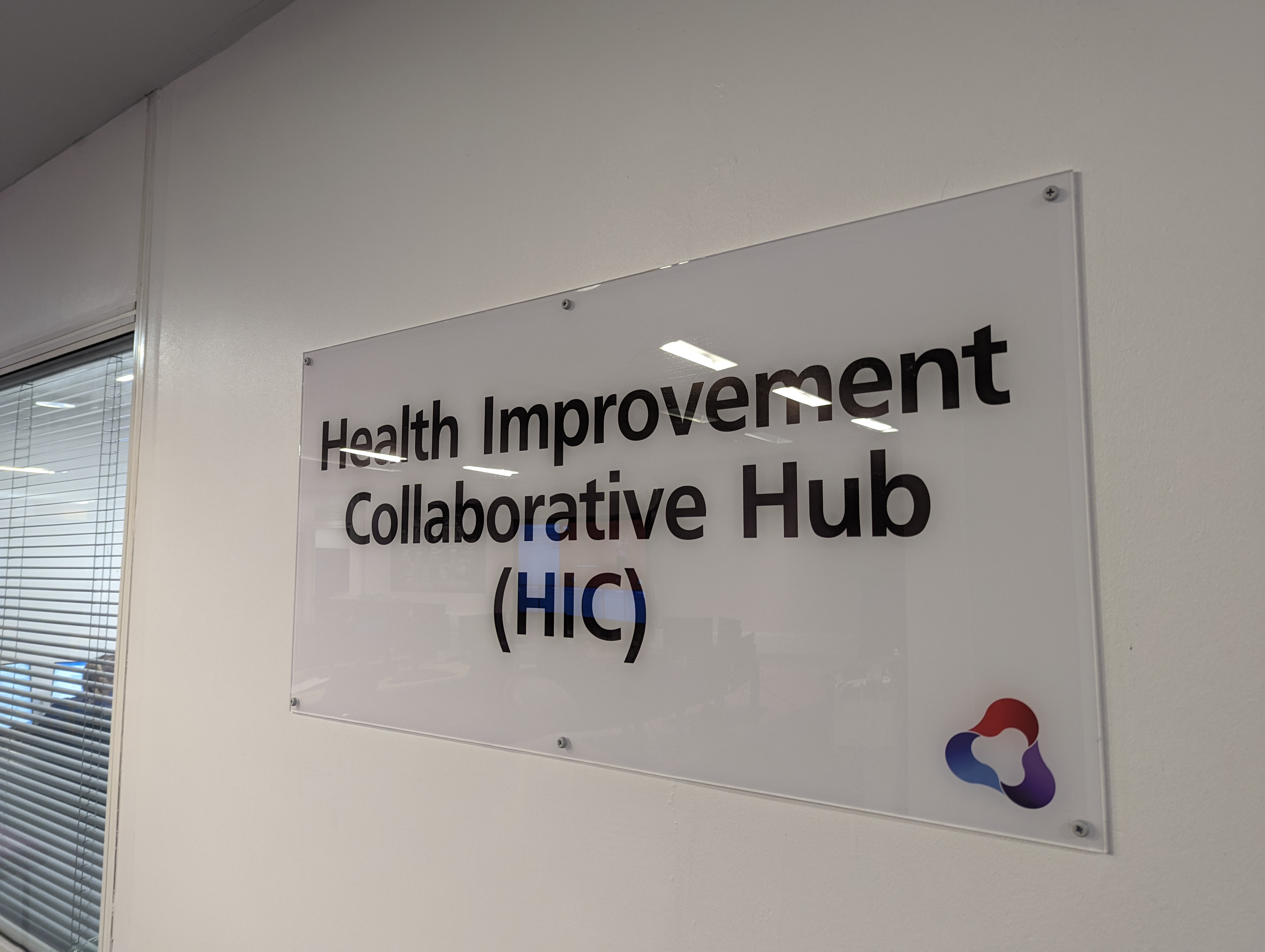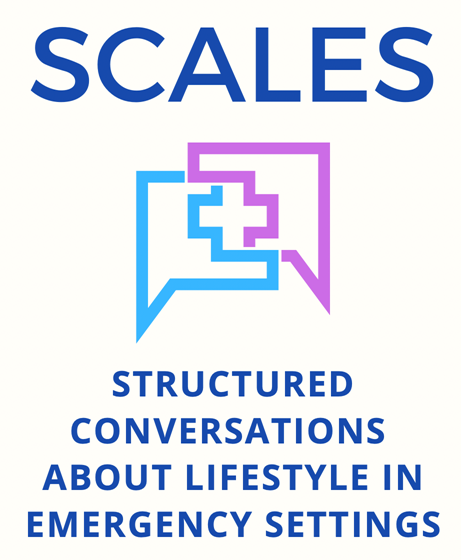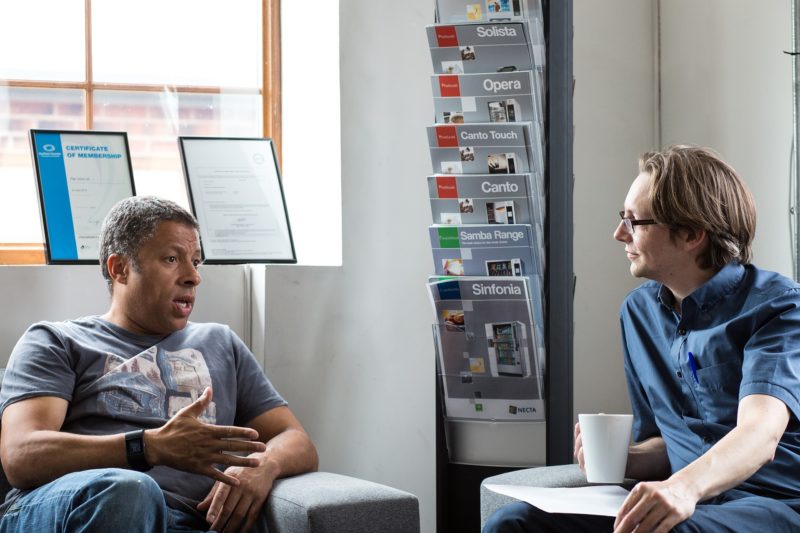The Health Improvement Collaborative
"Population Health is about creating a collective sense of responsibility across many organisations and individuals." Kings Fund

The Health Improvement Collaborative (HIC) is made up of professionals and organisations committed to improving the health and wellbeing of the local community. We aim to embed a culture of health promotion and injury/disease prevention in Urgent and Emergency Care pathways, aligned with the NHS Long Term Plan and introduction of the Office of Health Improvement and Disparities.
The collaborative promote the application of the Make Every Contact Count (MECC) philosophy and recognise the value of addressing public health priorities within the urgent and emergency care pathway. Championing health improvement within our speciality can assist with the national objective to “level up” the health of the nation, by promoting a proactive approach to health and addressing health inequalities.
Our ambition is for people accessing our hospitals to live longer, happier, healthier and more independent lives.
To enrol on our Health Improvement Ambassador Course
Health Improvement Collaborative (HIC) Hub

With huge thanks to a capital funding award from Public Health England (PHE), Nottingham University Hospitals NHS Trust and Nottingham Hospitals Charity, we have created a brand new space in DREEAM called the Health Improvement Collaborative (HIC) Hub.
The HIC Hub aims to create an environment close to the Emergency Department where Health Improvement partners can work together to plan and deliver early intervention activities to patients within frontline services.
The HIC is not just about delivery but is also the home of research and evaluation into health improvement and disease and injury prevention. The SCALES Project has facilitated the implementation and evaluation of a health improvement model within the Emergency Department. DREEAM have also completed an evaluation of the Redthread programme funded by The Health Foundation. The Executive summary is here. We are also running a randomised controlled trial of the use of Fibroscan called IBAFIRST to help spot early signs of liver disease from alcohol use and increase the uptake of alcohol treatment services amongst patients presenting to ED.
Redthread were the first non-NHS team to formally move into the HIC Hub to help them integrate with ED more effectively. You can listen to a podcast for more detail about how the Emergency Department began working with the charity and how this kind of working could and should become more common across the NHS here.
SCALES

SCALES
The SCALES project is run from DREEAM with the aim of developing, implementing and evaluating a health improvement model in the Emergency Department (ED).
Prevention is a national priority and has been identified in the NHS long-term plan. Patients presenting to ED do not currently receive universal routine assessment and advice about the contribution of lifestyle factors to their current and future risk of preventable disease. This represents a missed opportunity given the demographics, deprivation levels and high morbidity of this cohort of patients.
The health improvement model will incorporate the key SBRIT principles: Screening, Brief Intervention and Referral to Treatment.
Alcohol Care Team (ACT)

The Nottingham University Hospitals Alcohol Care Team (ACT) is a hospital liaison team in collaboration with Framework, formed of NUH staff and in-reach staff from Framework. The ACT focus on providing care input for clients with drug and alcohol use in the hospital setting, where they deliver specialist expertise and interventions for alcohol dependent patients and those presenting acute intoxication or withdrawal, and other alcohol and drug related complications. Collaborative working with Framework ensures continuity of substance management and transfer of care from the hospital back into the community. This can be supported via Edwin House F21 Pathway, where ACT fund four beds in the community for continuation of detox, where patients who meet the criteria receive a 28 day stay for support and management of their substance use. Not only are the ACT dedicated to providing quality care input for patients, they also pride themselves on offering education, advice and training to their colleagues across the trust on substance use in order to support in building staff knowledge and confidence.
The ACT service currently operates from 8am-4pm Monday-Saturday, where they receive referrals via Nervecentre from inpatient settings, including all wards at both the QMC and City campuses, and the emergency department. The ACT also receives referrals for their two alcohol liaison outpatient clinics based at the QMC treatment centre and City site, for patients who do not wish to access community substance use services but need support in an outpatient setting. The ACT provide a printable leaflet on their intranet page for staff across the trust to give to patients for brief advice and signposting to services should they be in an outpatient setting or discharged out of ACT service hours.
IBAFiRST
Start Date: Nov 2020
Recruitment End Date: Aug 2022
Co-ordinated by: DREEAM Research, Nottingham University Hospitals NHS Trust
Local PI: Dr Frank Coffey
Lead Researcher: Alexandra Gibbins
The DREEAM Research Team have been recruiting patients from Nottingham that are drinking harmful levels of alcohol to the IBAFiRST trial. The trial is investigating whether offering a patient a Fibroscan during their hospital admission increases the likelihood of them accessing community alcohol services. The trial is now closed to recruitment and the research team are coordinating the patient follow up over the next 12 months. Watch this space for the results of the trial in 2023.
Recommended Reading
Publications by the Health Improvement Team can be found here
NUH General Health Information page – patient facing resource containing local referral services - https://www.nuh.nhs.uk/general-health-information/
Alcohol Prevention in Urgent and Emergency Care Settings – e-learning module https://www.nottingham.ac.uk/helmopen/rlos/practice-learning/public-health/apuec/apuec1/index.html
NHS England (2016) Making Every Contact Count (MECC) [Online] Available at: Main heading (england.nhs.uk)
Blake H, Yildirim M, Premakumar V, Morris L, Miller P, et al. (2023) Attitudes and current practice in alcohol screening, brief intervention, and referral for treatment among staff working in urgent and emergency settings: An open, cross-sectional international survey. PLOS ONE 18(9)
Institute of Medicine (IOM) (2019 ) Broadening the Base of Treatment for Alcohol Problems. Washington DC: National Academies Press
Adams, E.J., Miller P., Coffey, F., Morris, L., Marshall, G. and Blake, H. Alcohol prevention in urgent and emergency care settings. The University of Nottingham and Nottingham University Hospitals NHS Trust. Version 1
Windle RJ, McCormick D, Dandrea J and Wharrad, H. (2011), The characteristics of reusable learning objects that enhance learning: A case-study in health-science education. British Journal of Educational Technology, 42: 811–823.